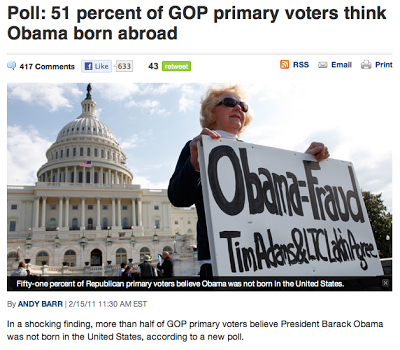I know dog whistles aren’t meant to be heard by outsiders, but for this one, I can hear the whistle — I just can’t figure out who the dog is.
It seems that former Senator Rick Santorum (he of the ‘Google problem‘) is trying to polish up the image of the Crusades.
“The idea that the Crusades and the fight of Christendom against Islam is somehow an aggression on our part is absolutely anti-historical,” former Sen. Rick Santorum (R-PA) told a South Carolina audience yesterday. “And that is what the perception is by the American left who hates Christendom.”
…
Referring to the “American left,” Santorum observed: “They hate Western civilization at the core. That’s the problem.” Sanoturm also suggested that American involvement in the Middle East is part of our “core American values.”“What I’m talking about is onward American soldiers,” Santorum continued.
Just to remind us, the Crusades were a series of religiously-motivated military campaigns in which Roman Catholic soldiers tried to retake the Holy Land, and ended up killing tens of thousands of Jews and Muslims along the way.
Santorum is Catholic, so I can see why he’d want to whitewash his church’s involvement, even though it’s a few centuries late. But I don’t think that’s the whole story. Since he’s reportedly mulling a presidential run, he’s probably just chumming the waters for more US military entanglement with the Middle East. (Because that’s gone so well.) You have to admire his vision though. I mean, he’s taking ‘culture war’ to a whole new level.
Next, we can expect to hear him explain that people who don’t like the Inquisition are just a bunch of lefty America-haters, and that Galileo got what was coming to him, the intellectual elitist bastard.





Recent Comments